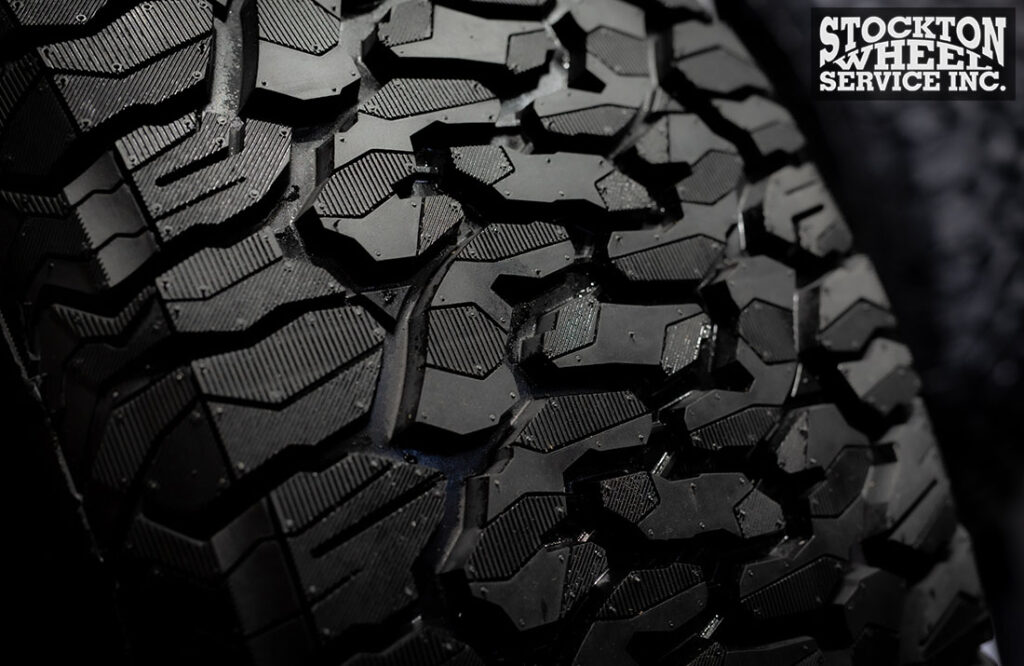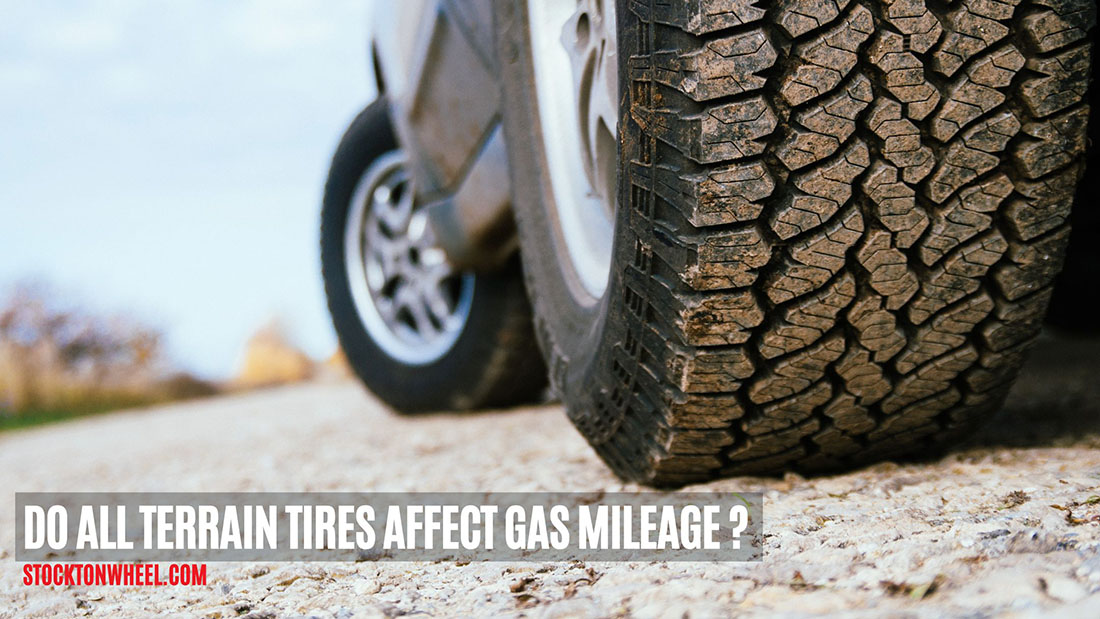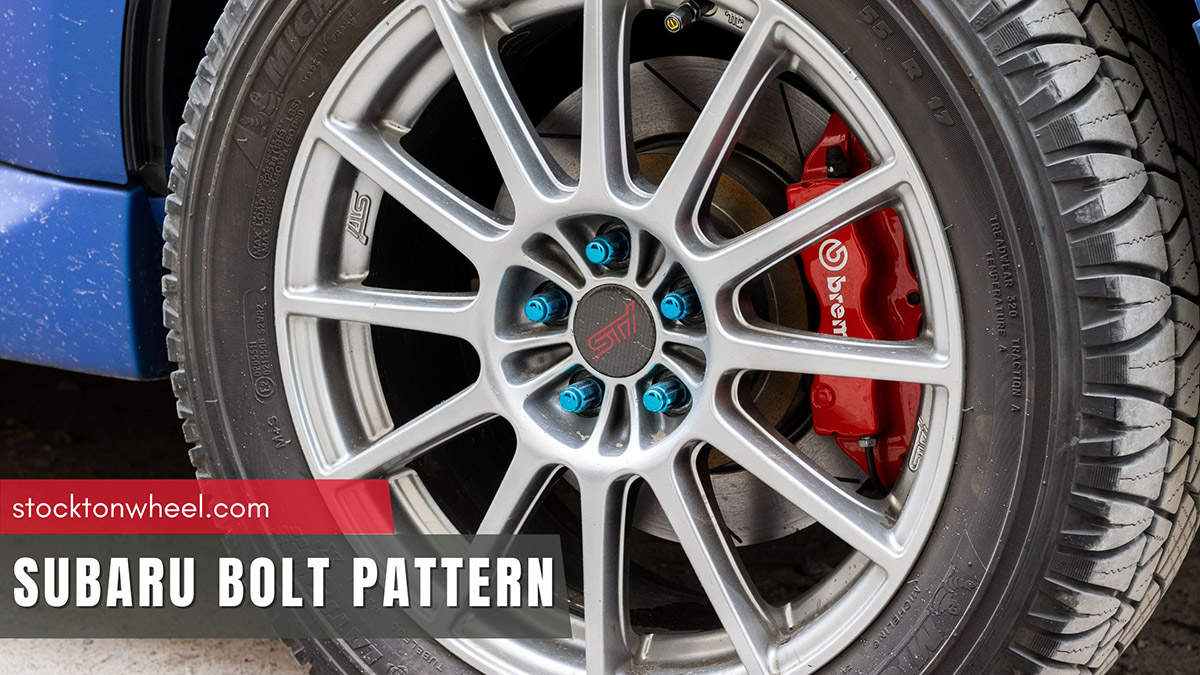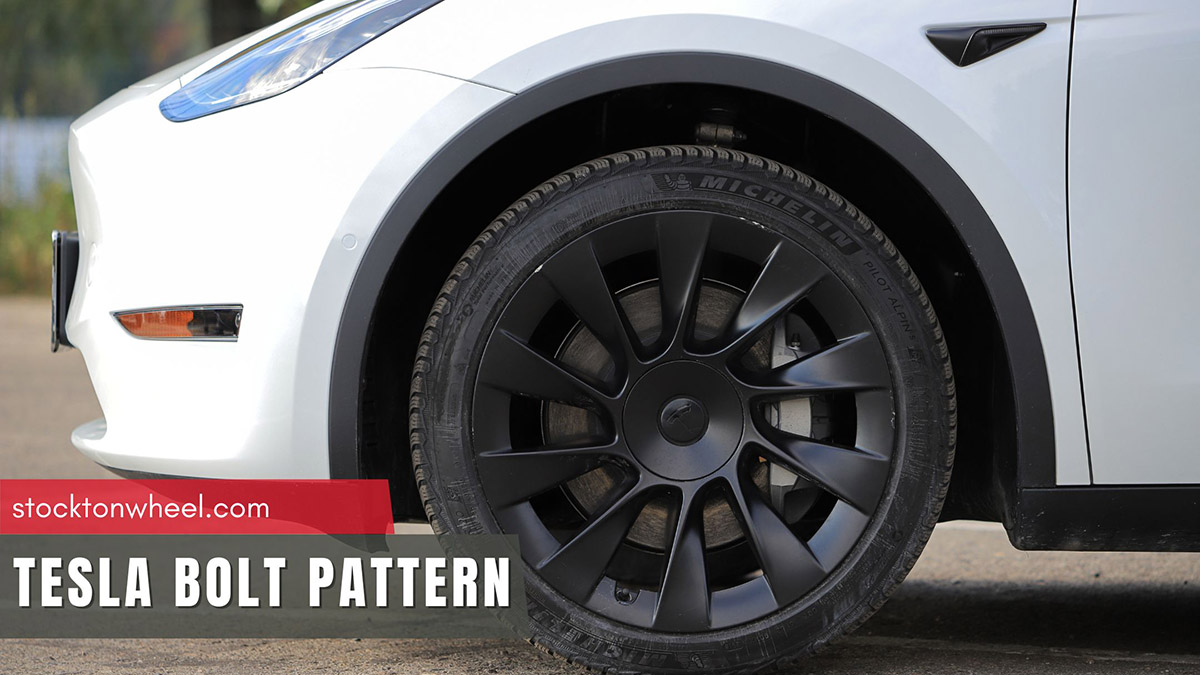As the name implies, all-terrain tires are designed to handle various road conditions, including mud, snow, sand, or even off-road conditions. However, some car owners claim that these items have a negative impact on fuel economy. Do off road tires reduce gas mileage? Scroll down to unveil the relationship between them!
In this article:
Do All Terrain Tires Affect Gas Mileage?
Yes, all-terrain tires do affect fuel efficiency due to the larger diameter and more rolling resistance. You can expect around 3-5% of gas loss for passenger cars and up to 5-10% for trucks, equalling 1-3 mpg.

All-terrain tires tend to have lower fuel efficiency than passenger, touring, or regular highway tires. Conversely, they achieve a better MPG rating than their mud counterparts.
For example, our Chevrolet Colorado ZR2 with Goodyear Wrangler DuraTrac tires record a fuel consumption of 20 miles per gallon when driven at a constant of 60 miles per hour on highways. With the same test conditions, our car reached a better rating of 24 mph when it performed with the Michelin Defender LTX M/S – one of the best all-season options ever!
Why Do Off-Road Tires Reduce Fuel Economy?
One of the primary factors is rolling resistance, which means the force that pushes your car to roll over a surface. Look at the tread pattern, which has larger blocks and deeper grooves. This feature increases the ability of the tires to adapt to off-road terrain such as mud or rocks. However, it increases drag when you drive on paved roads. In other words, the engine works harder, thus consuming more fuel. The important problem is that the small contact area with the road means more power is wasted to travel the same distance than those with conventional tires.

The larger diameter also takes more power to spin one revolution. Furthermore, all-terrain tires come with solid materials and construction. As a result, the extra weight of these items can contribute to lower gas mileage since the engine generates extra power to push the vehicle forward.
What Is The Most Fuel Efficient All-Terrain Tire?
Though most all-terrain tires are bad for fuel efficiency, you can partially overcome their drawbacks by purchasing the right item.
For instance, you should not buy ones that weigh more than 45 lbs. Tread depth is recommended to be less than 12/32 inches, which is reminiscent of those for passenger cars. Last but not least, go for a tread design with a streamlined design – 5 ribs along the diameter. All of these characteristics improve fuel consumption compared to normal capabilities.
On the other hand, you should also understand that it cannot reach the same level as conventional items. Its performance may sometimes decline, such as traction on wet roads, when you try to strike a balance between fuel economy and off-road performance.
Other Tips For Mileage Improvements Of Off-Road Tires
Reach Recommended Tire Pressure
Air pressure is the key to improving fuel economy, not just for all-terrain tires but every option available. Low pressure increases traction, forcing the engine to work harder to make the tire roll, thus creating more heat and friction.
You should follow the manufacturer’s recommendations to eliminate rolling resistance. Adding 4/6 PSI to increase fuel efficiency is advised, but do not overinflate to prevent the risk of tire blowout.
Limit Loads
All-terrain tires are heavy, so it would help to cut down on load ratings if possible. This approach alleviates strain on the engine, resulting in a reduced requirement for fuel. But first, make sure you invest in the accurate products as described above. Tires with a low load index should come out on top if you only want to use them for on-road driving.
Avoid Aggressive Drive
Traversing at lightning speeds burns more fuel and also leaves a detrimental impact on the tire lifespan. That is due to the heat buildup and increased friction, negatively affecting your items. Moreover, all-terrain tires are unsuited for aggressive driving behavior, such as forceful braking or sharp turns.
Tune Up The Engine
If you discover excessive fuel consumption on an older truck, the problem may arise from the engine. Then upgrade your old machine by installing a new ignition coil, cleaning the carburetor, replacing the plug and wire set, etc.
Adjust Rear Gear Ratio
Reducing the gear ratio from 3:70 to 3:55 or thereabouts is a good idea to enhance fuel mileage. Combine it with swapping the rear gears to yield more favorable outcomes. If you often hit the highways, opt for the 3:08 ratio.
Perform Periodic Alignment, Rotating, And Balancing
All of these maintenance tasks are an integral part of the periodic schedule. In addition to their typical benefits, they ensure tires remain in good condition to prevent heat and resistance buildup. In other words, you can save quite a bit on fuel bills.
FAQs
Are Highway And Mud-Terrain Tires Fuel Efficient?
Highway tires are designed with fuel efficiency in mind, while mud-terrain counterparts with off-road capabilities are much inferior.
Are All-Terrain Tires Good For Highway Driving?
Off-road tires suit various surfaces, including highways, gravel roads, uneven conditions, etc.
Conclusion
Due to their more aggressive tread patterns and heavier construction, all-terrain tires exhibit slightly higher rolling resistance, leading to a decrease in gas mileage. Ultimately, opting for AT tires should boil down to individual needs. If off-road capabilities, durability, and versatility are your priorities, these items are good choices, given that you follow the above tips for better gas mileage.








